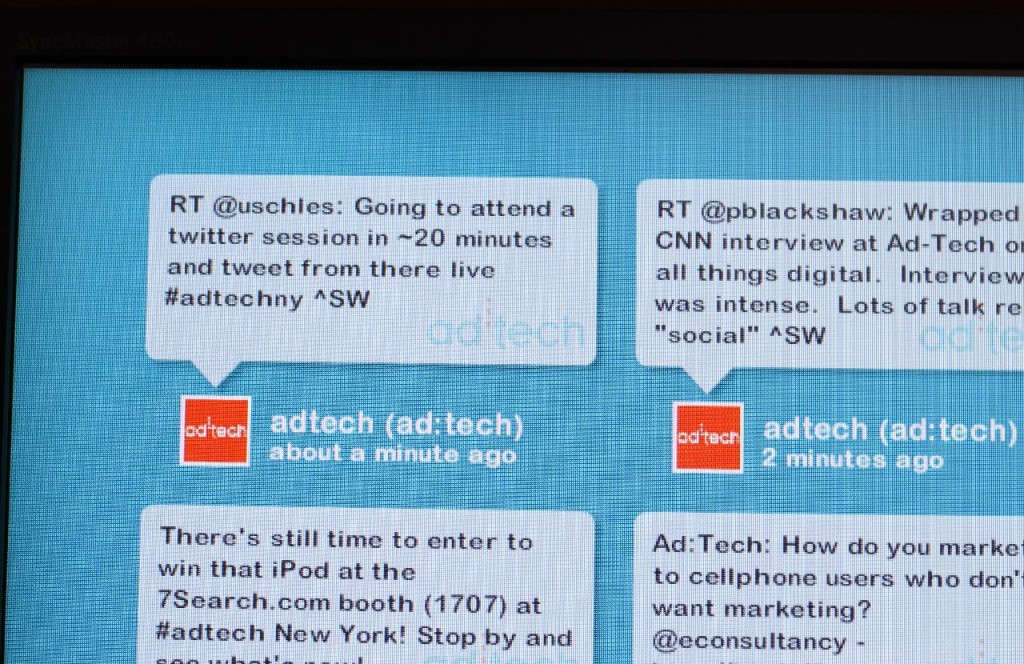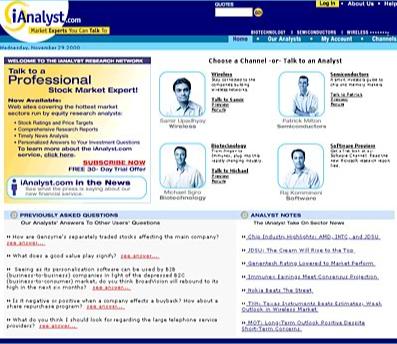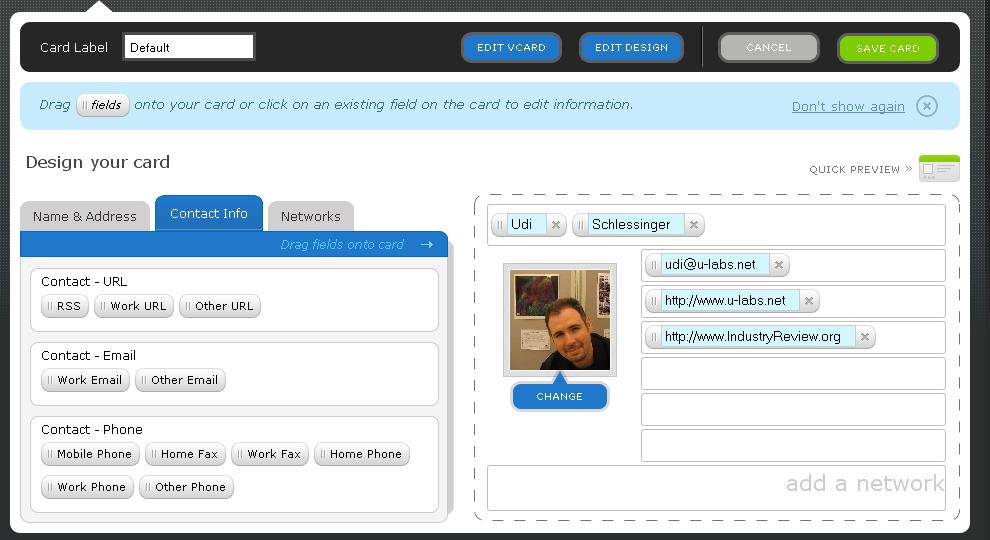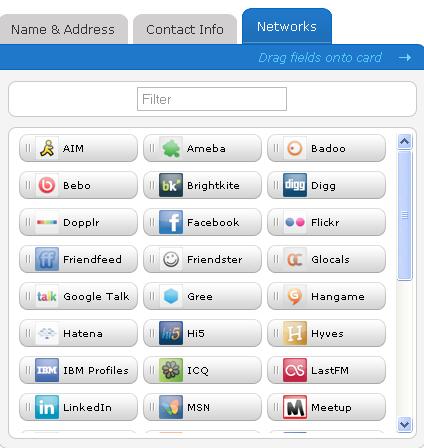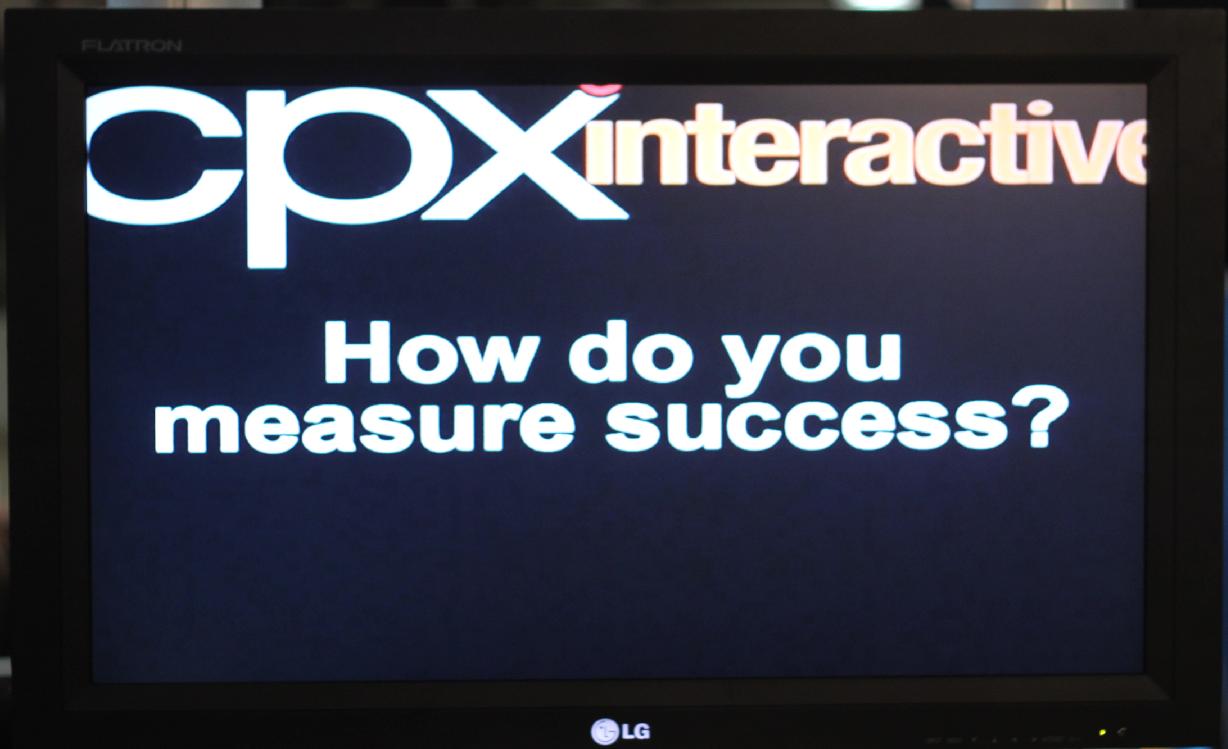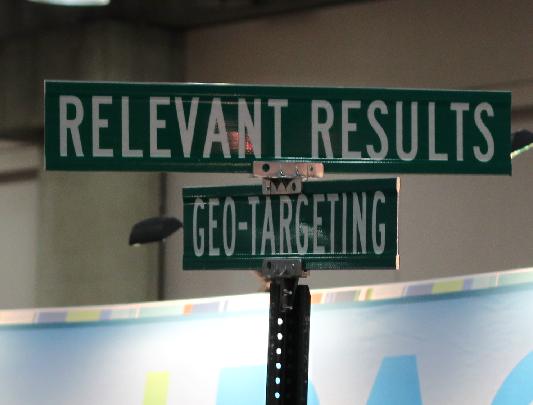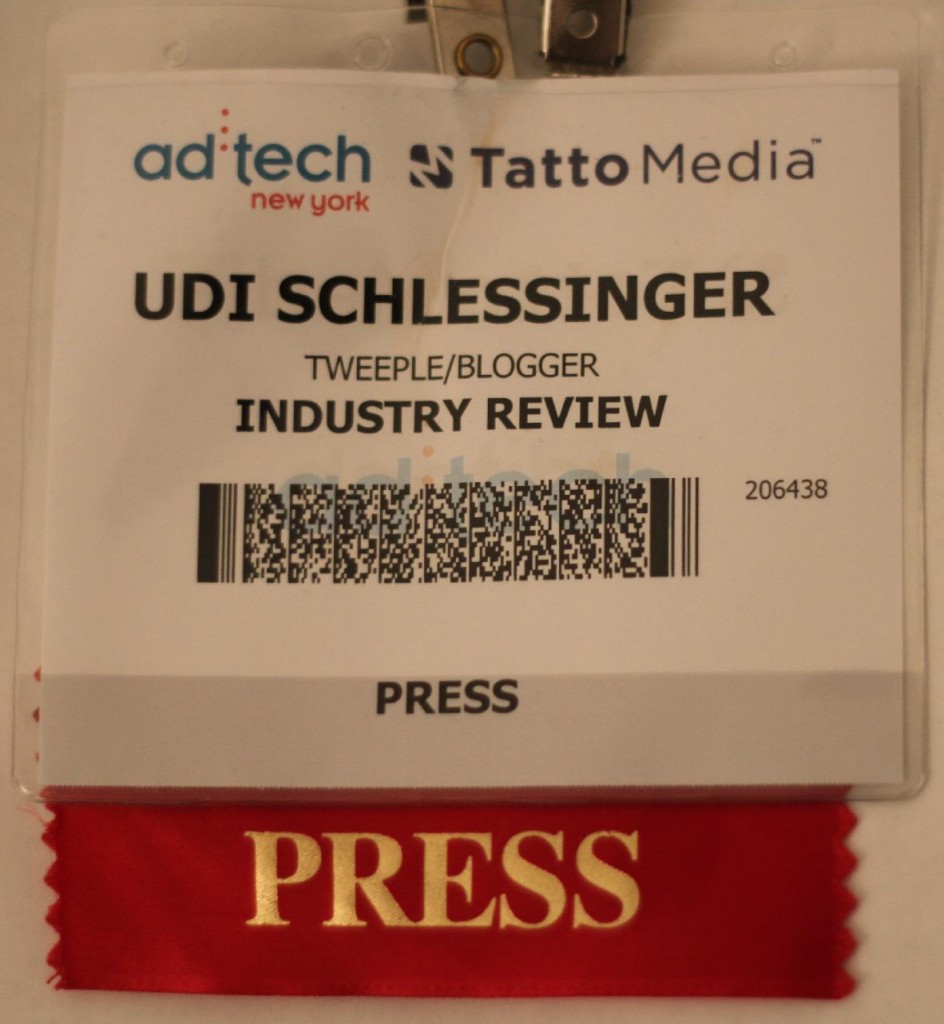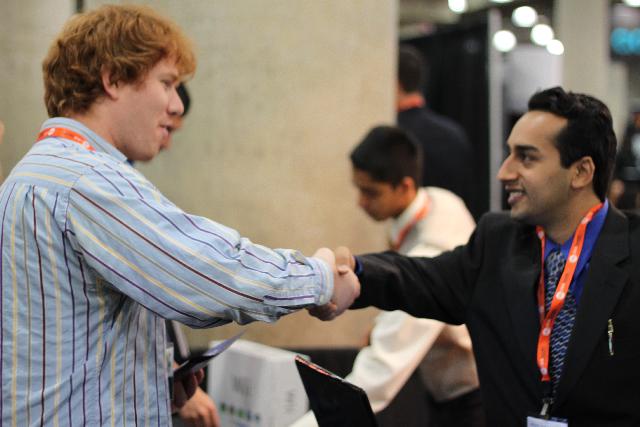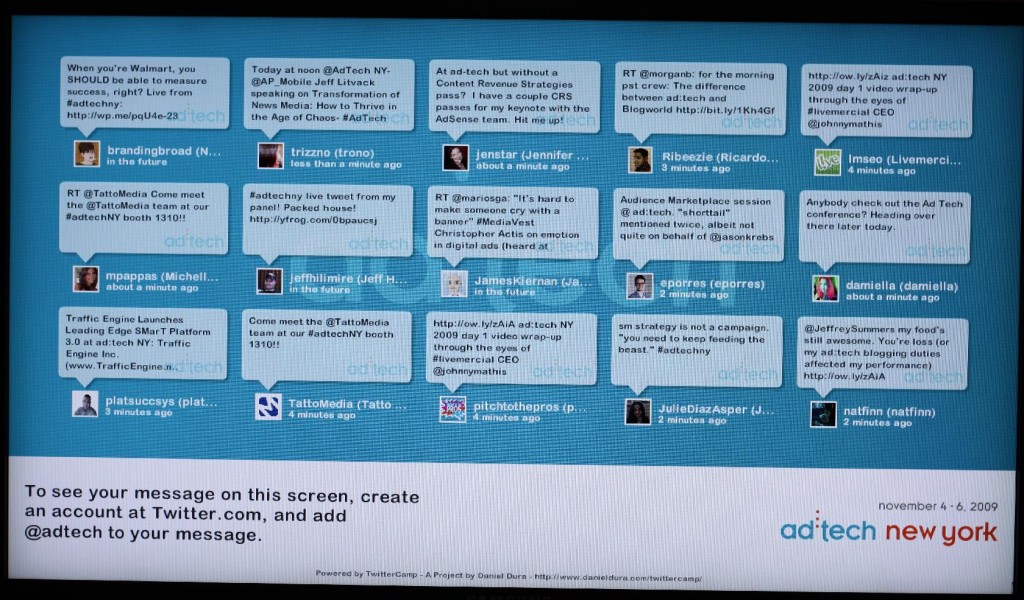From some reason I remember there is a saying “Only fools try to predict the future”. I can’t seem to find it so I might be mistaken.
Even though I completely disagree with the idea that it’s foolish to try and predict the future – many people and companies do it all the time – we have to remember it’s all based on what we know, on past events – and that things can change at any given moment.
Many financial companies – Lehman Brothers, for example – successfully predicted the future for many decades and made unimaginable sums of money. Until one day things – in this case, the economic market – changed dramatically and all their predictions turned sour. A company that existed since 1850 perished in a matter of weeks because it didn’t predict the future properly.
Yesterday I met with a very good friend of mine. He has a Twitter account but he’s not really active. However, he is very interested (and knowledgeable) in technology trends. He asked me: where do you see Twitter going?
That is a very good question. Where do I see Twitter going, I wondered to myself.
My guess, and of course, it’s just a guess – that Twitter will follow the same patterns that other companies faced in the past, particularly in the last few decades.
Here are two examples – I can give many more.
You might not have been online back then, but I still remember the times before Google existed. I was mainly using Altavista and Lycos and was very pleased with the results. When Google appeared, I didn’t see the point of switching. I also didn’t believe – and I remember saying it to a friend – any new company stands a chance in the search market. A few friends of mine mentioned Google is good, I figured I’ll give it a chance. The results seemed to be better though weren’t dramatically better. However, at some point I did find myself switching to Google – though that was mainly because of the simple interface.
Of course, Google reinvented the search engine landscape and deserves a lot of credit for that. However, I wasn’t the only one who guessed wrong: I bet Altavista and Lycos were taken by as much surprise as I was.
Similarly, when Friendster, the first modern social network, was created, I was one of the first people using it. That’s actually an understatement – I was extremely active because it was so new and really explored interesting territories. Many of the things we now take for granted were actually “discovered” by Friendster who had to find the right way through trial and error.
Numerous new social networks later emerged, but the one that deposed Friendster was MySpace. MySpace got so well established I thought “this is it!”. It seemed immovable, but then Facebook rose and completely and utterly took MySpace’s.. space. I still remember articles writing that “Facebook is not going to be successful, MySpace will reclaim its position”. Kind of funny when you think about it now.
Quick disclaimer: I’m not writing anything that hasn’t been written before. Someone comes, creates a product – it could be successful, even very successful – but then a successor creates an improvement that completely wins over the audience. Though I don’t remember anyone saying this about Twitter (even though probably someone did).
That’s my guess for Twitter.
Twitter is flawed. Technically it is awful. Years after its launch we still get the fail whale on a regular basis (I get it at least 5-10 times a day). It has numerous bugs. It has a lot of really silly features and flawed concepts: the retweet button, no search mechanism for bios, no way to mass delete DMs, no way to filter DMs… the list is endless. However, no one can deny twitter is extremely popular. Extremely.
Based on these factors: that Twitter is a very flawed application and that the space is extremely attractive, while looking at past trends, I find it hard to believe that at some point in the next 1-5 years a new microblogging service, one that has learned from all of Twitter’s mistakes and improved on it, won’t come and completely dominate this market. That is, unless Twitter will clean up their act completely… but in all fairness, I don’t see that happening.
This may seem impossible now, but that was the case in both the examples I gave.
Google tried to do this with Google Buzz – that didn’t go too well because of the privacy issues (just too eager, huh?).
My prediction is that there will be someone else. And they will be successful. And in a couple of years we will all be seeing articles analyzing how Twitter lost its market share, and “what went wrong?”.
Only fools try to predict the future. Perhaps that might be true, but this is my guess.




